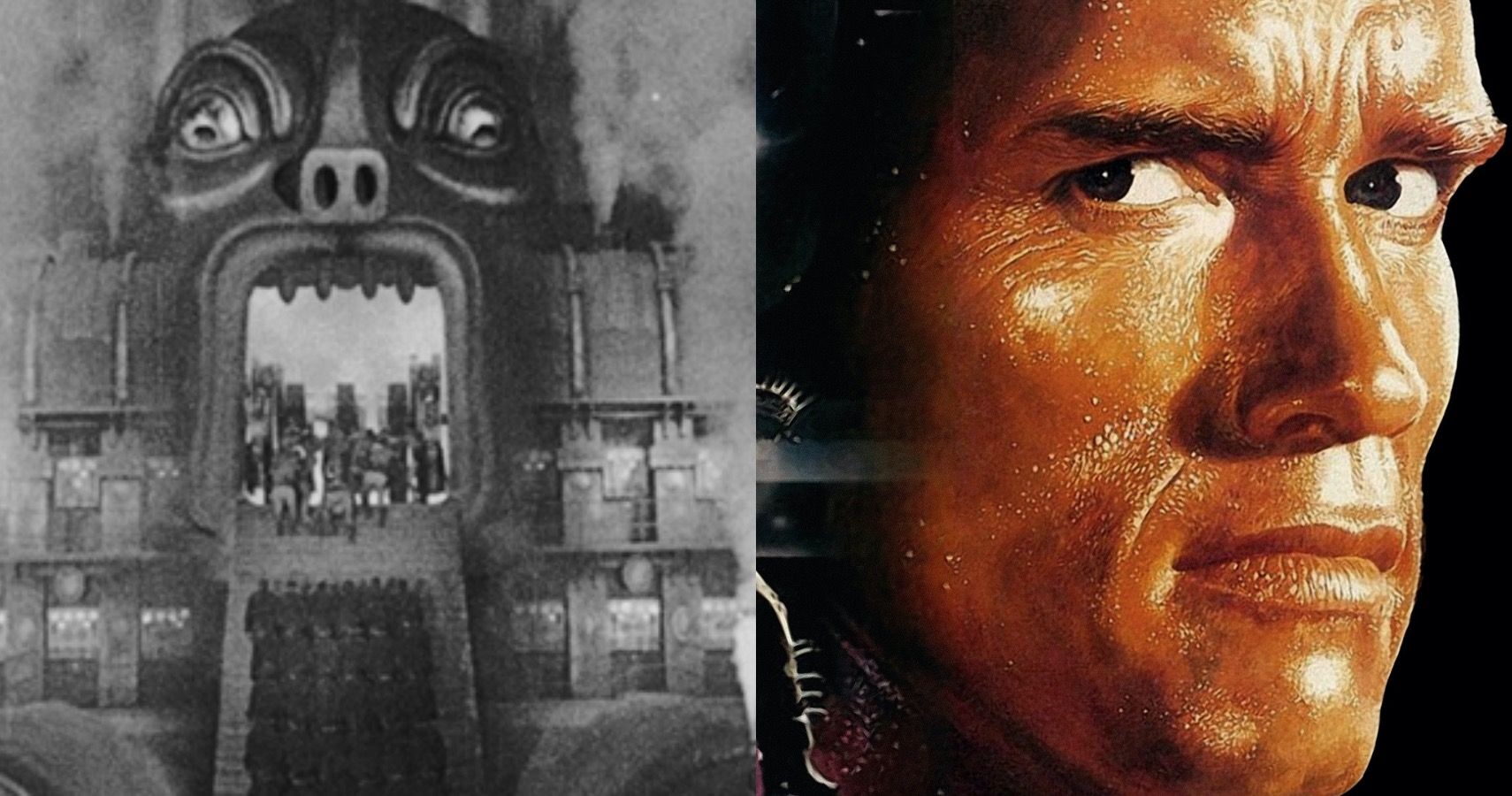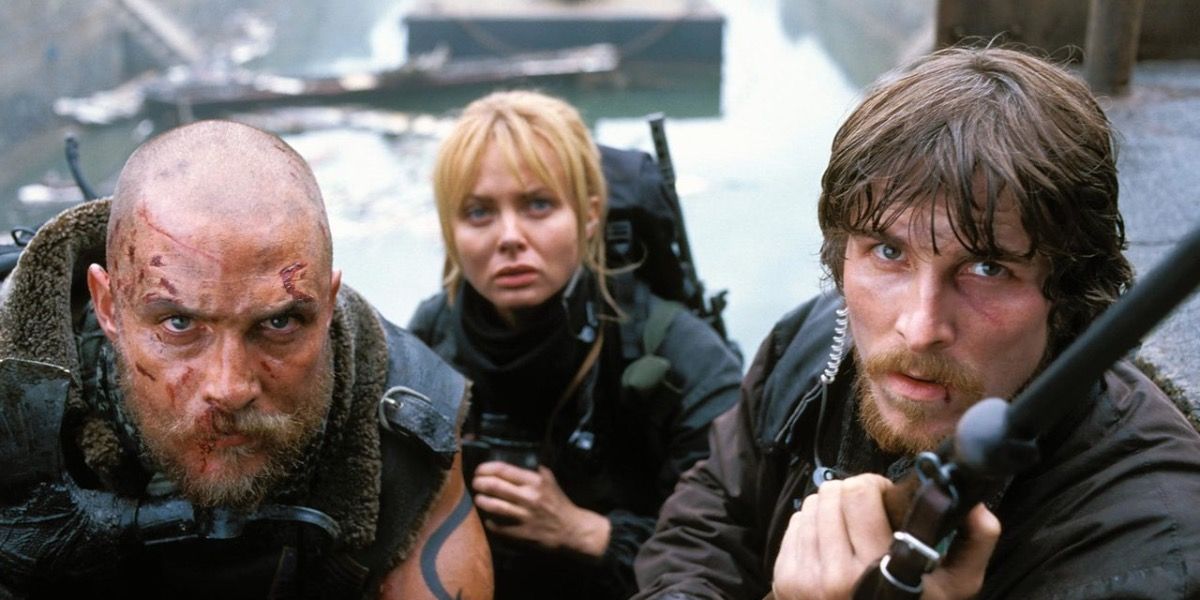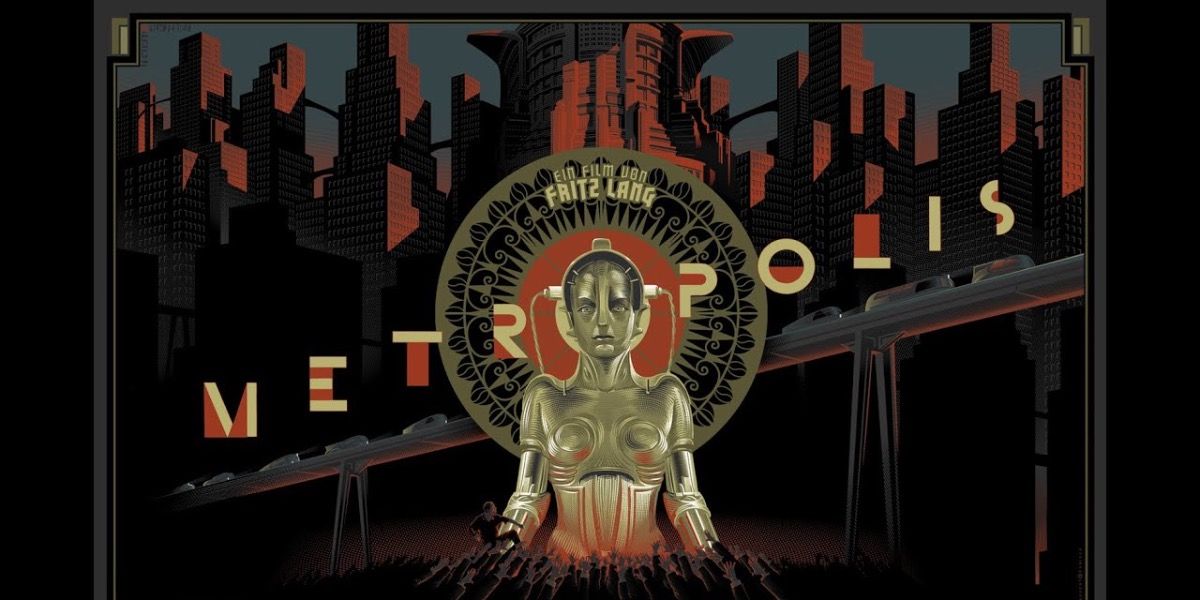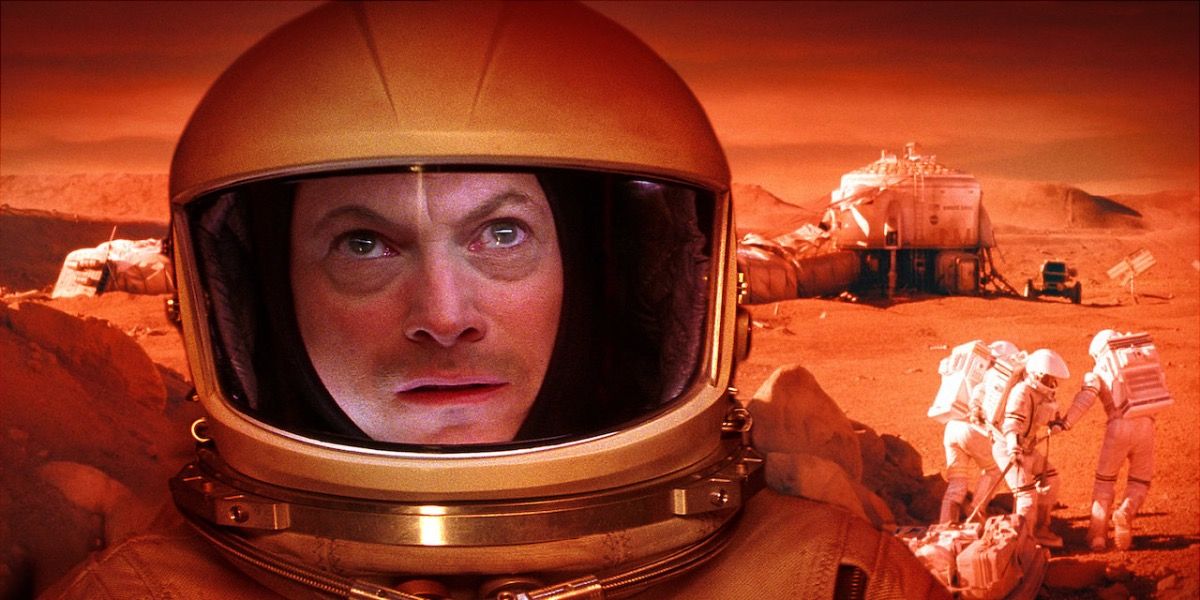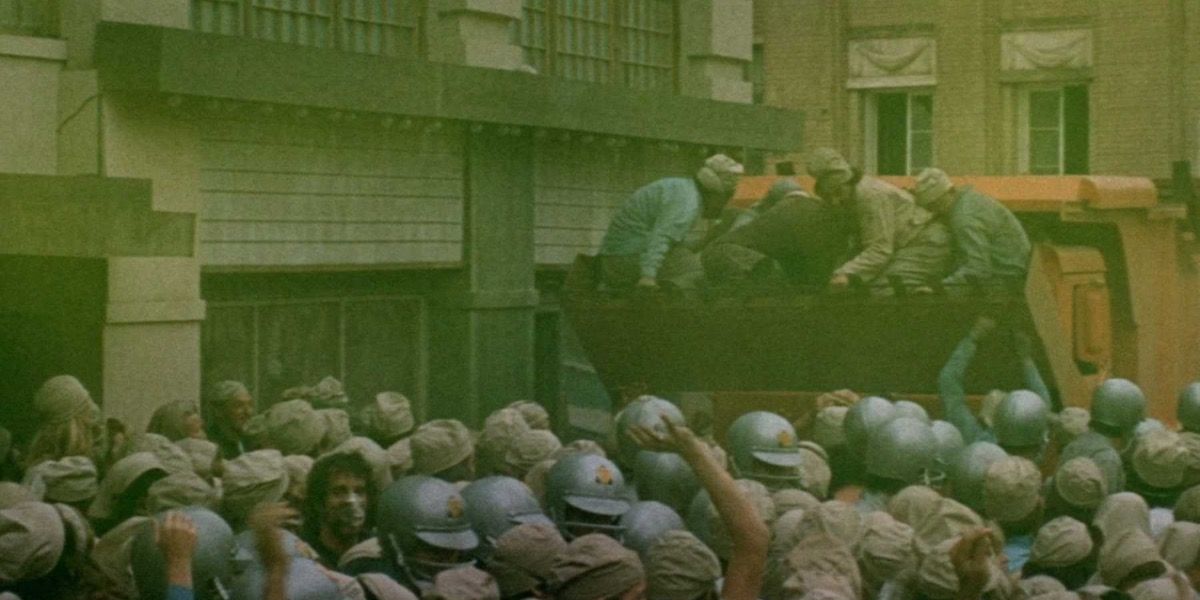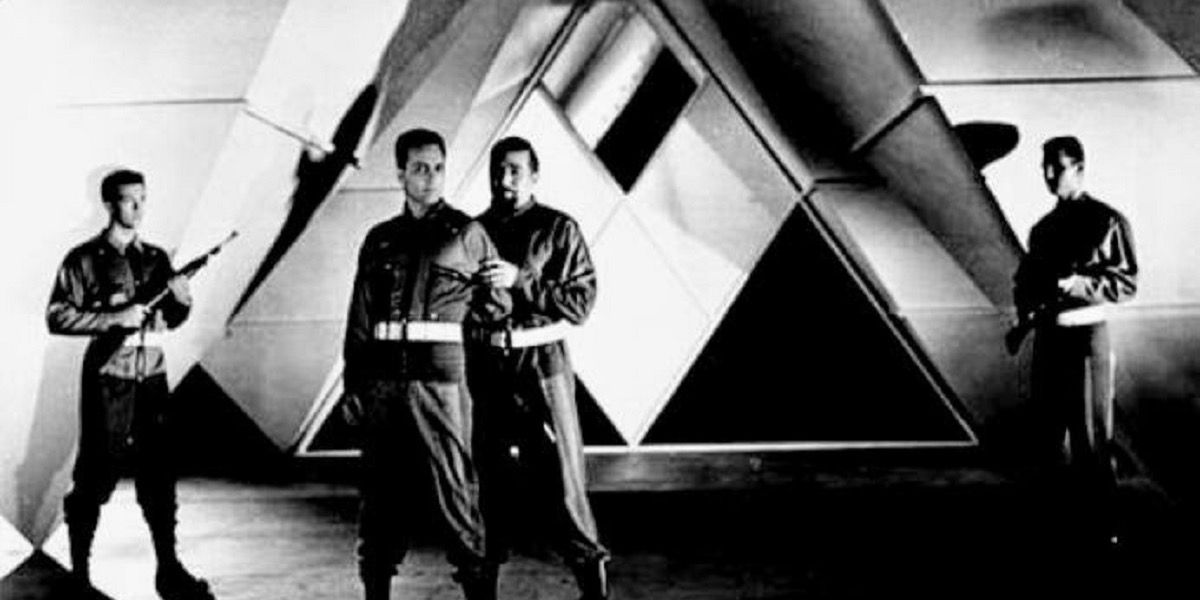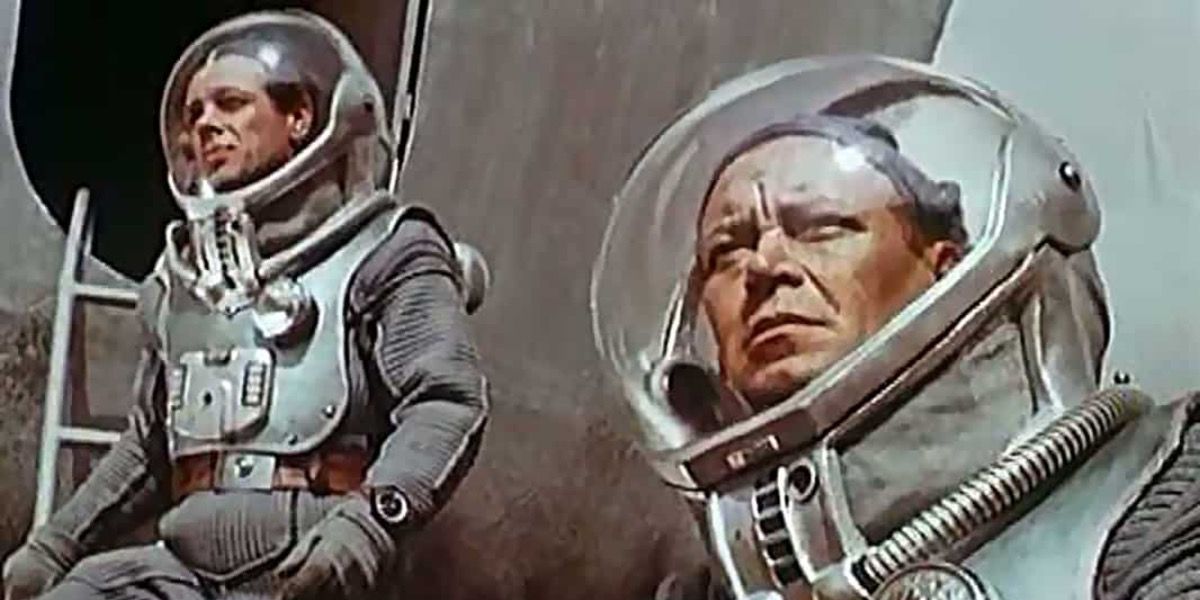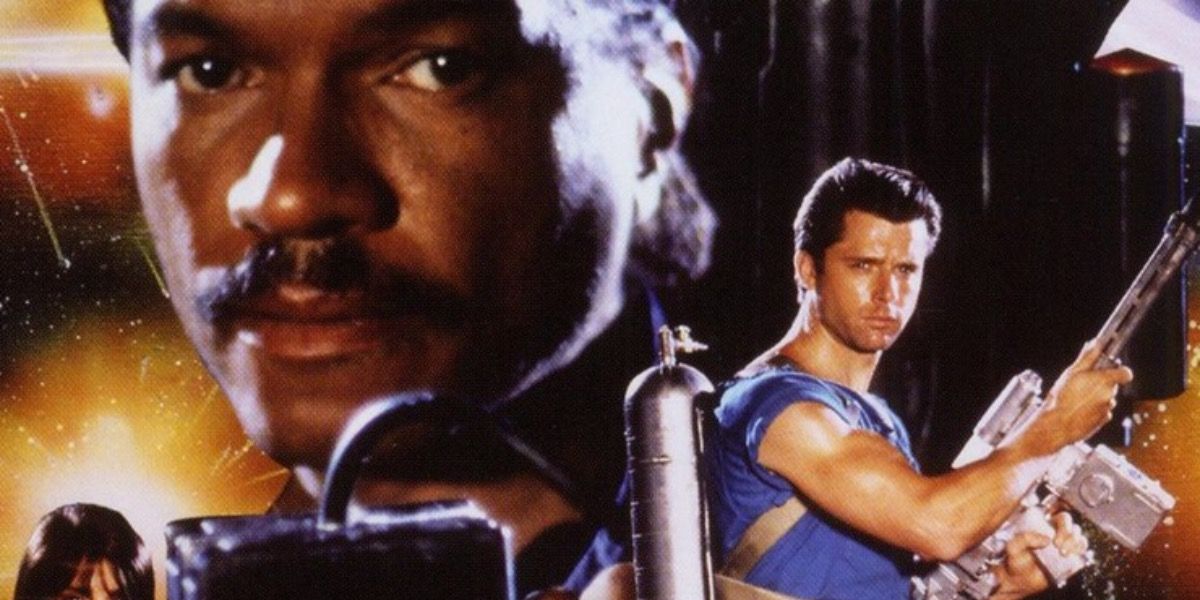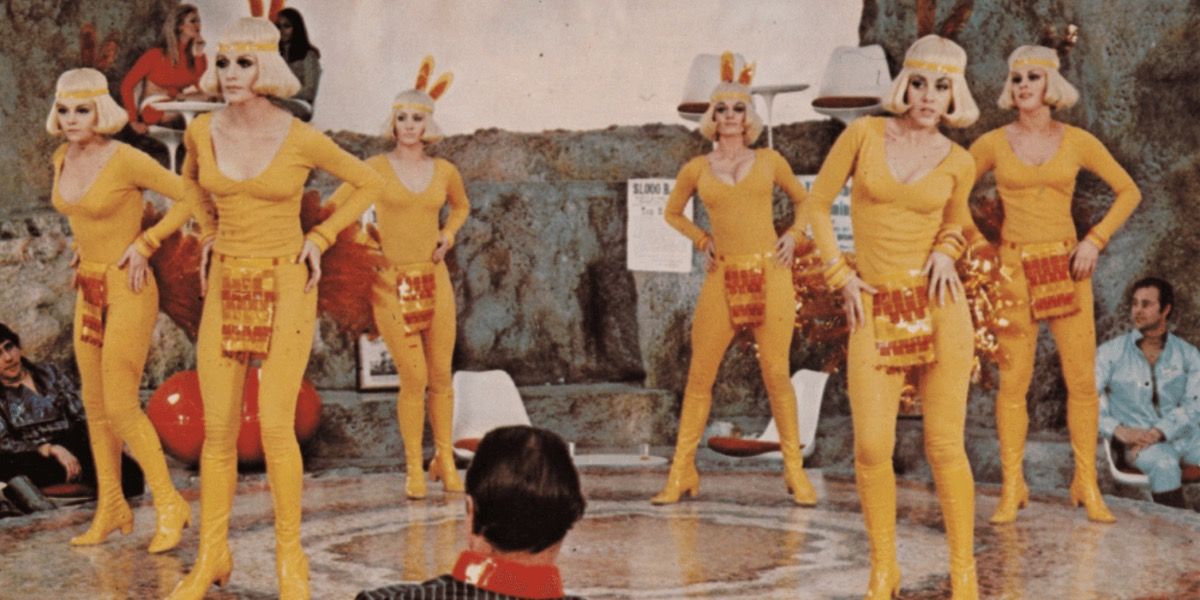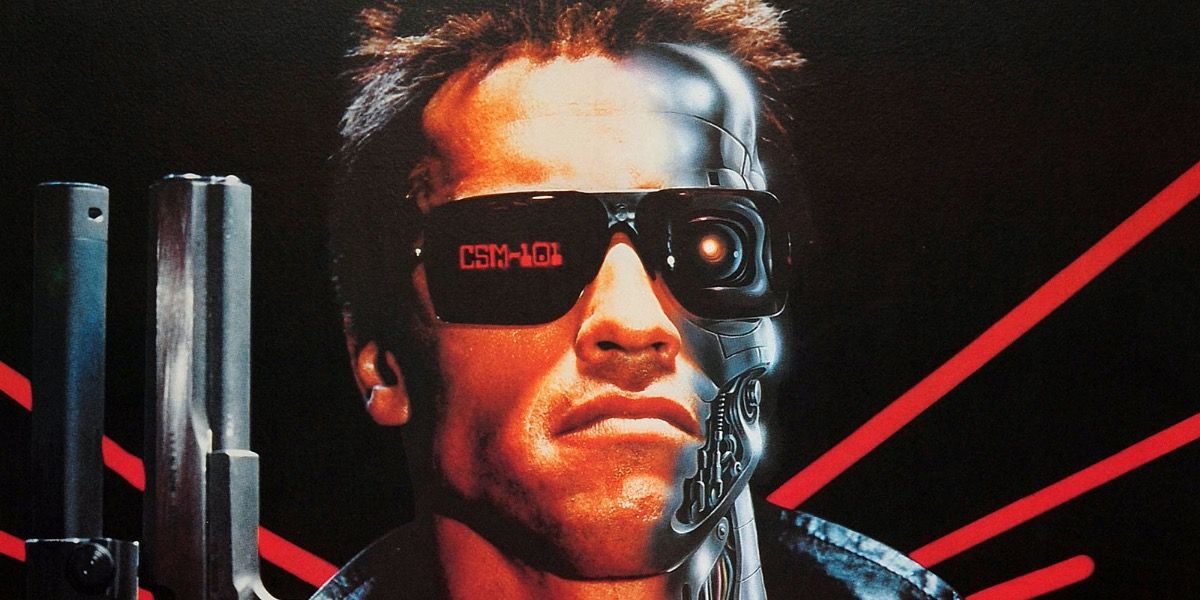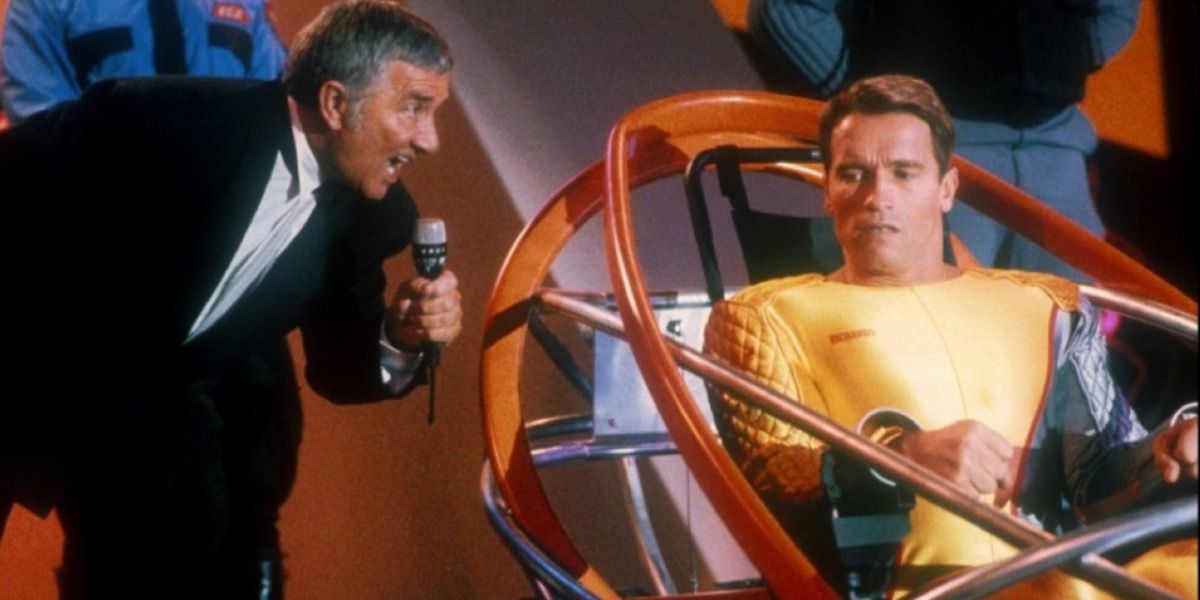The second-coming of the roaring '20s has been a strange time, and surely, no one could have predicted the current state of affairs whether in terms of the pandemic, politics or technology. Or, did someone? Sci-fi films seem to be the main source for predictions about the distant future. So, were any predictions made by old sci-fi films even remotely correct?
Although it is unlikely that any screenwriters or other moviemakers were clairvoyant enough to predict the future, it's worth checking the many sci-fi films that take place in the 2020s for any signs of prescience. As audiences have seen in the past, sci-fi films tend to get too far ahead of themselves (possibly for entertainment's sake), but believe it or not, some films have made accurate predictions too.
Reign Of Fire (2002)
Reign of Fire is a sci-fi action/adventure featuring a cast of megastars in Matthew McConaughey, Christian Bale and Gerard Butler. The film is set in a 2020 world where dragons have been awakened by industrial tunneling projects and have dominated humans.
The film did not exceed expectations at the box office, but still profited. Nonetheless, the film gained a cult following when released on DVD and other home-entertainment mediums. One could go out on a limb and say the film's inclusion of invasive fire-breathing dragons was a sign of the spike in wildfires in the Amazon rainforest and other parts of the world as a result of climate change, but that's sort of a weak connection to our present day.
Metropolis (1984)
Originally made in '27 by German director Fritz Lang and then restored and edited in '84 by Giorgio Moroder and partners, this sci-fi/drama is downright creepy. The film's premise is industrialists and their employees have (literally) risen above the rest, living in gigantic skyscrapers while the general population underneath strain and struggle to operate advanced technology that keeps their lives going.
Moroder's '84 version clearly sets the film in 2026, while the '20s version is thought to be set in 3000. The film predicted metallic humanoid robots, which currently exist. The film also demonstrates the surge of wealth inequality that would accompany technological advances in the 21st century.
Mission To Mars (2000)
The Gary Sinise-starring outer space sci-fi/adventure makes the bold prediction of 2020 being the year man steps foot on Mars. Clearly, humans aren't quite there yet, and the more recent The Martian has delayed the possibility until 2035.
Mission to Mars didn't do particularly well in critics' eyes, and the film has been greatly forgotten in favor of the many spectacular space-exploration flicks released since 2000. It remains unclear whether The Martian is correct in its prediction, as NASA wants to send astronauts to Mars within the next decade.
Soylent Green (1973)
Soylent Green is a sci-fi/horror with a very bleak outlook on humanity in the 21st century. The filmmakers predicted that world hunger would continue to be a problem — the idea potentially stemming from the world food crisis '72–'75. The premise consists of a civilian uproar after finding out food manufacturer Soylent Green is selling products made with human remains.
A conspiracy theory regarding cannibalism and American society's upper-tiers was posed by the infamous, discredited, and viral Plandemic documentary. Although, there is no feasible proof of such madness occurring, so most likely, Soylent Green didn't get much right about the current time period suffering from behind-the-curtain cannibalism.
Beyond The Time Barrier (1960)
The sound barrier was first broken by an aircraft in '47 by Chuck Yeager, and this sci-fi/romance plays off that idea, having a pilot crash through the 'time barrier' and into 2024. The pilot finds the last remnants of society after being swept with a plague.
The argument for Beyond the Time Barrier being a correct prediction of COVID-19 in the current time period is not very prevalent online. However, search engines are fairly crowded with COVID-related news, so any theories related to the film are difficult to find.
Voyage To The Prehistoric Planet (1965)
The Soviet sci-fi film Voyage To The Prehistoric Planet is a mostly forgotten time-and-space-traveling fiasco that suffers from awful ratings on every site on the internet. The "Prehistoric Planet" is Venus in the film, and astronauts encounter all sorts of extinct species.
The film is set in the year 2020 but really only gets one prediction right in NASA's future use of robots to support exploration. American director Roger Corman rereleased the film for American audiences, but it remains as one of his lesser pictures.
Alien Intruder (1993)
Alien Intruder is not part of the Alien franchise (which includes films by directors Ridley Scott, James Cameron, and David Fincher — such an unfathomable lineup for one franchise). Instead, the sci-fi/fantasy flick is a crude ripoff that makes for an unpleasant watch.
The film is set in 2022, where convicts are sent on a deadly mission into the dark, gaping depths of space. There is not much significance to draw from this film in terms of predicting our present time, but it makes for a good watch if anyone is looking for an old film that's comically bad.
Moon Zero Two (1969)
Taking place in 2021, this British sci-fi/adventure opera plays with the idea of colonizing the moon. Audiences follow a freelance spaceman played by James Olson. Olson's character, Bill, is hired by a massively wealthy businessman plotting to sell land on the moon despite it being utterly valueless.
Moon Zero Two is another old sci-fi film that people weren't too high on when released, and it hasn't seemed to age well either. The film's soundtrack seems to be its best quality.
The Terminator (1984)
The Terminator is mainly set in the year of its release. However, Schwarzenegger's character arrives from the year 2029. One thing the classic sci-fi/action got right was the prevalence of military drones in the present, and that technology should only evolve throughout the decade.
It is yet to be seen whether time-travel will be possible in 2029. It's obviously unlikely, especially the idea of traveling to the past according to the "grandfather paradox," "causal loops" and other proven fallacies of time-travel.
The Running Man (1987)
Based on the book written by Stephen King under his alternate pen name Richard Bachman five years before the release of the film, both the book and film wrestle with the idea of 'entertainment-consumers' participating in the very shows they enjoy.
The film's premise is fairly applicable to the surging popularity of reality TV in the current period. The Running Man could also be a foreshadowing social-media as well. Nevertheless, the book and film seem to question a human's aptness towards entertainment that comes at the expense of others. Although, modern humans are far from the point where the most popular reality show in the country becomes a battle royale.

